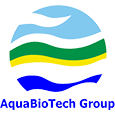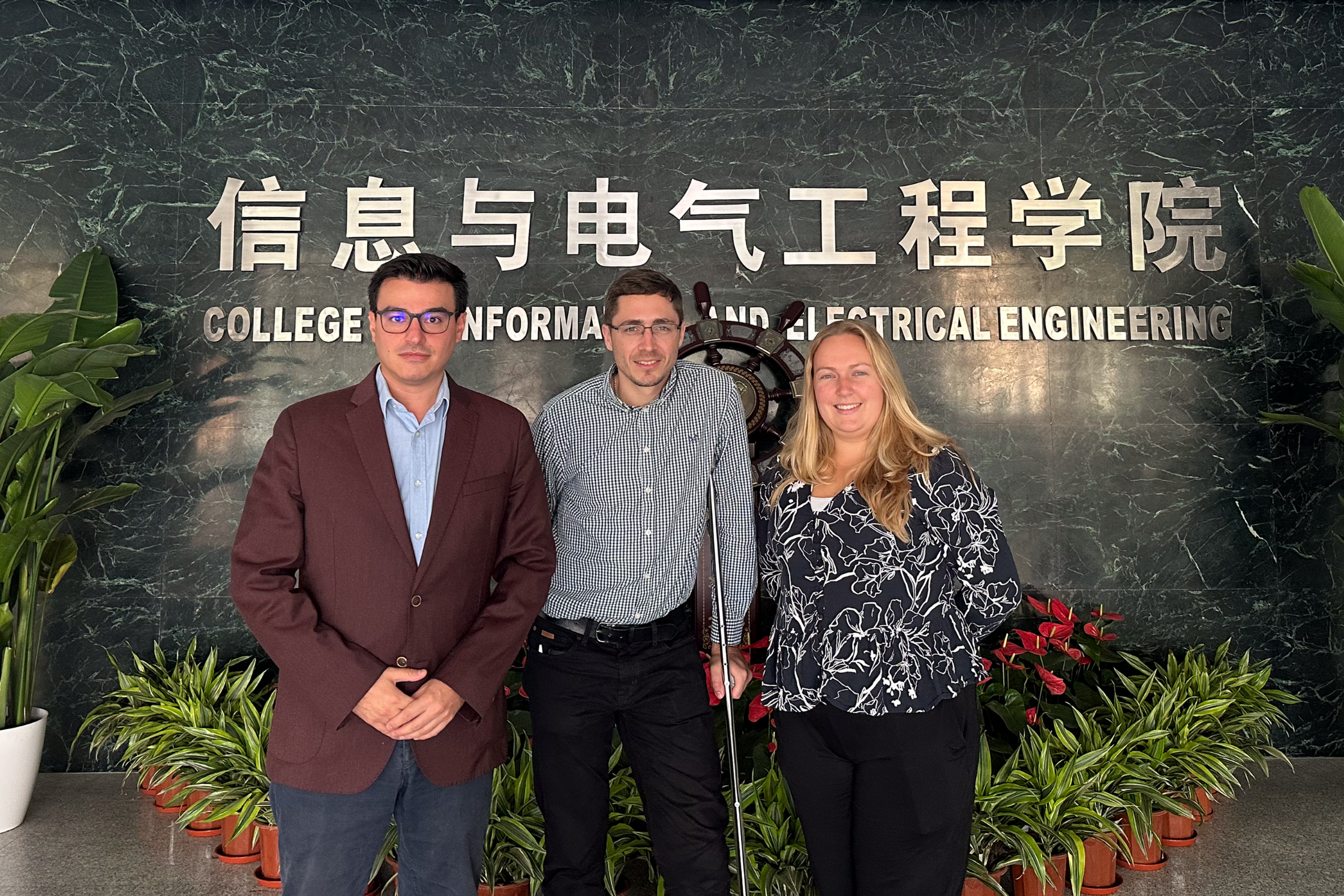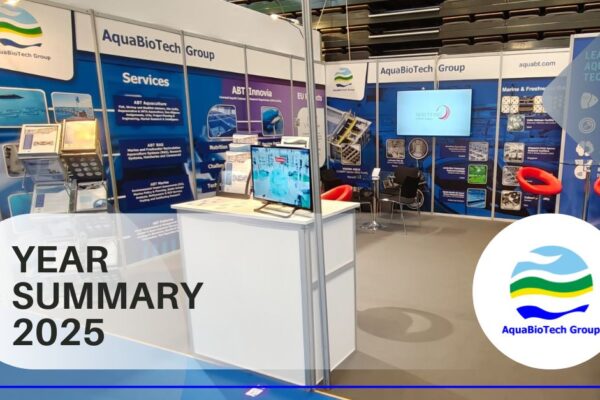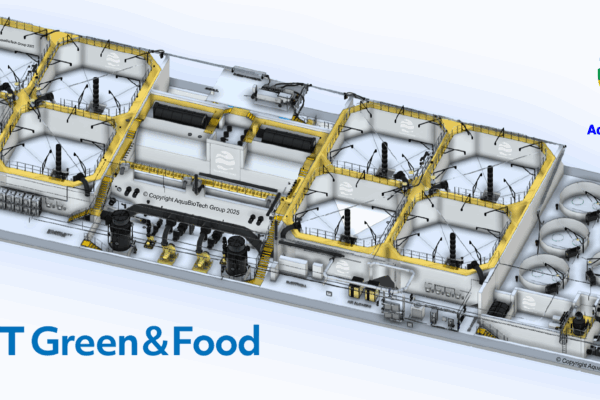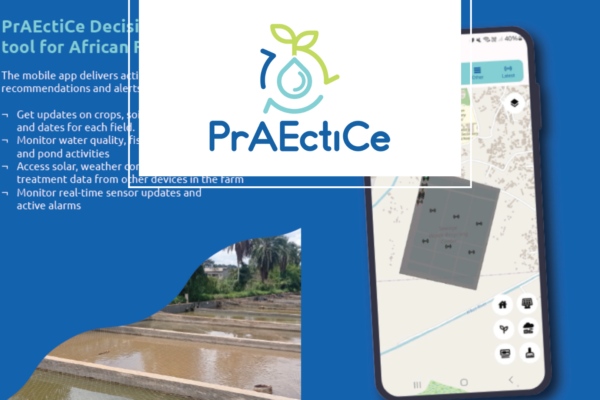Two weeks ago, representatives of the Maltese company AquaBioTech Group had the opportunity to visit several leading Chinese research-performing organisations actively engaged in the ongoing SINO-MALTA Fund. AquaBioTech Group team had the opportunity to meet in person with the research teams that they have been working with for the past three years, as well as developing new relationships and partnerships.
On Monday 23rd October, the AquaBioTech Group team arrived in Beijing to visit the China Agricultural University – National Innovation Center for Digital Fisheries with whom collaborates in the ongoing project AMBULANT and has previously collaborated in the AquaDetector Project. China Agriculture University is one of the top-ranked national universities in China. The team were shown around the facility labs and engaged in discussions regarding upcoming opportunities for collaboration. Along with being introduced to some of CAU’s work on advanced aquaculture ‘smart’ technologies, one of the highlights of the visit was being able to see the work on the biomimetic robot being created as part of the AMBULANT project.
AMBULANT has the intention to create a biomimetic robot with an intelligent monitoring system for identifying seabed habitats, as well as fish and their biomass in aquaculture. This would be a transformation and upgrade to traditional aquaculture, as the technologies used until now put distress on the living organisms because of their frightening appearance, loud noise and poor concealment. Biomimetic, in this case, means it will physically appear and move as a fish. These robots have high efficiency, high practicality, and low disturbance towards fish stocks. They will support the environmental protection of commercially important species and detect endangered and invasive species. In aquaculture, it will improve fish welfare and monitoring of risk factors, reduce inefficacy in the farming process, as well as further develop monitoring technology, which will lead to economic growth.
Through the AquaDetector Project, the consortium aimed to develop precise detection technologies to visualise water quality distribution, classify fish stress behaviours, and analyse the combined impact of environmental factors on juvenile grouper and trout as reference fish. Histology, biochemistry, and growth will be the three main factors analysed, reflecting fish quality, animal welfare, and production respectively. The coupling correlation model developed was integrated into a monitoring system to achieve smart high precision detection in RAS.



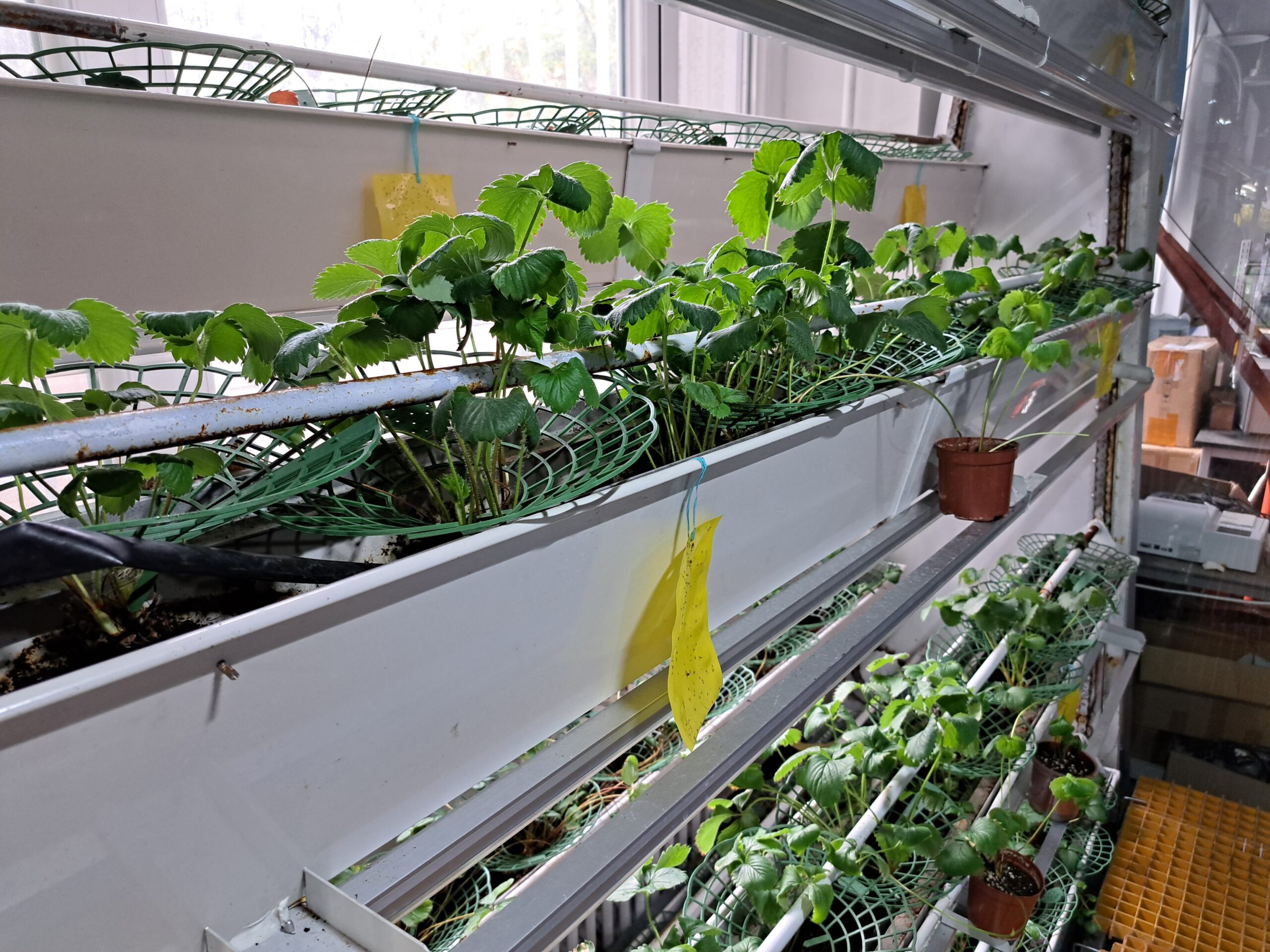
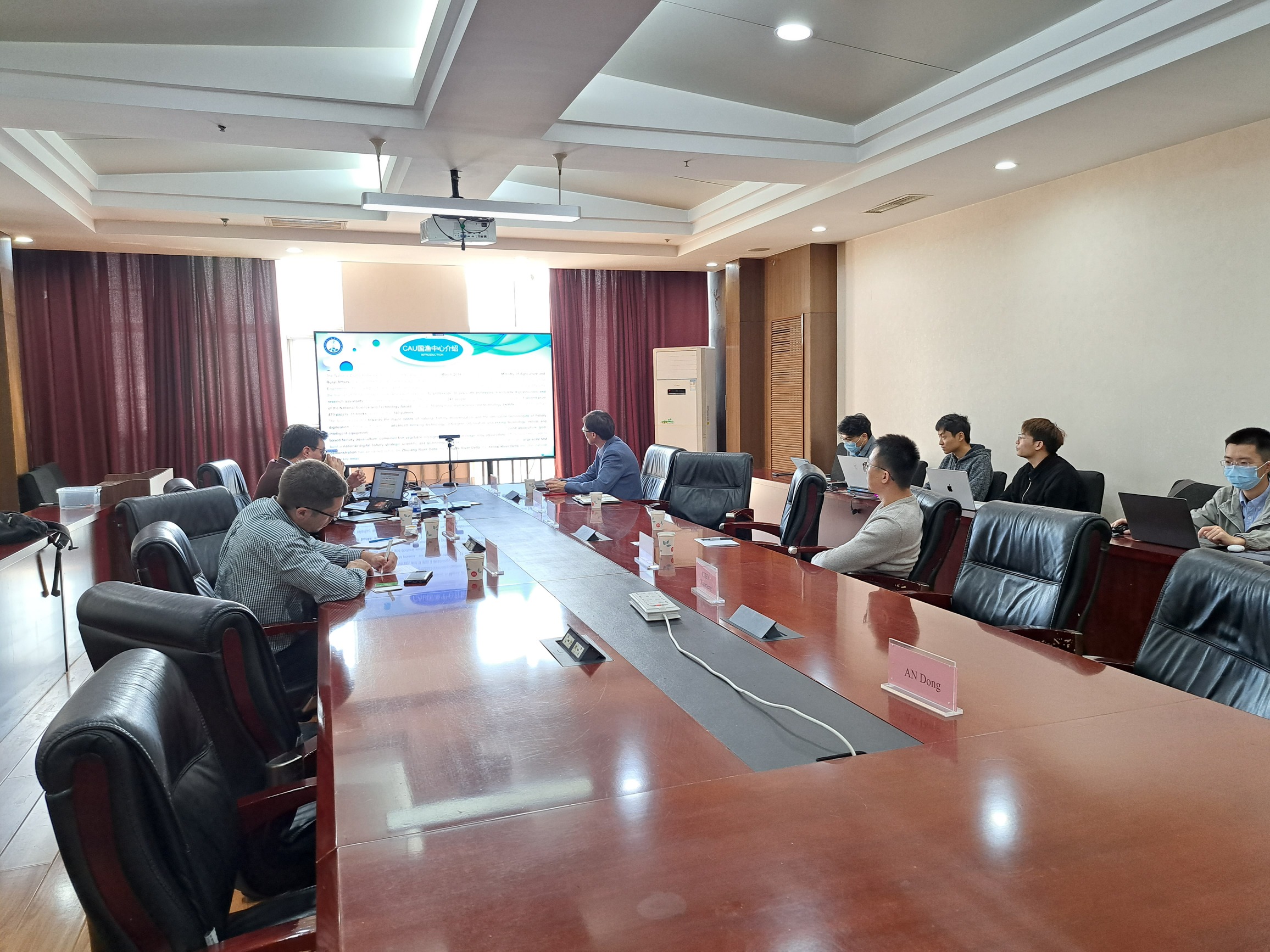
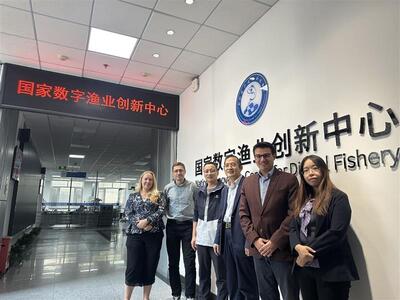
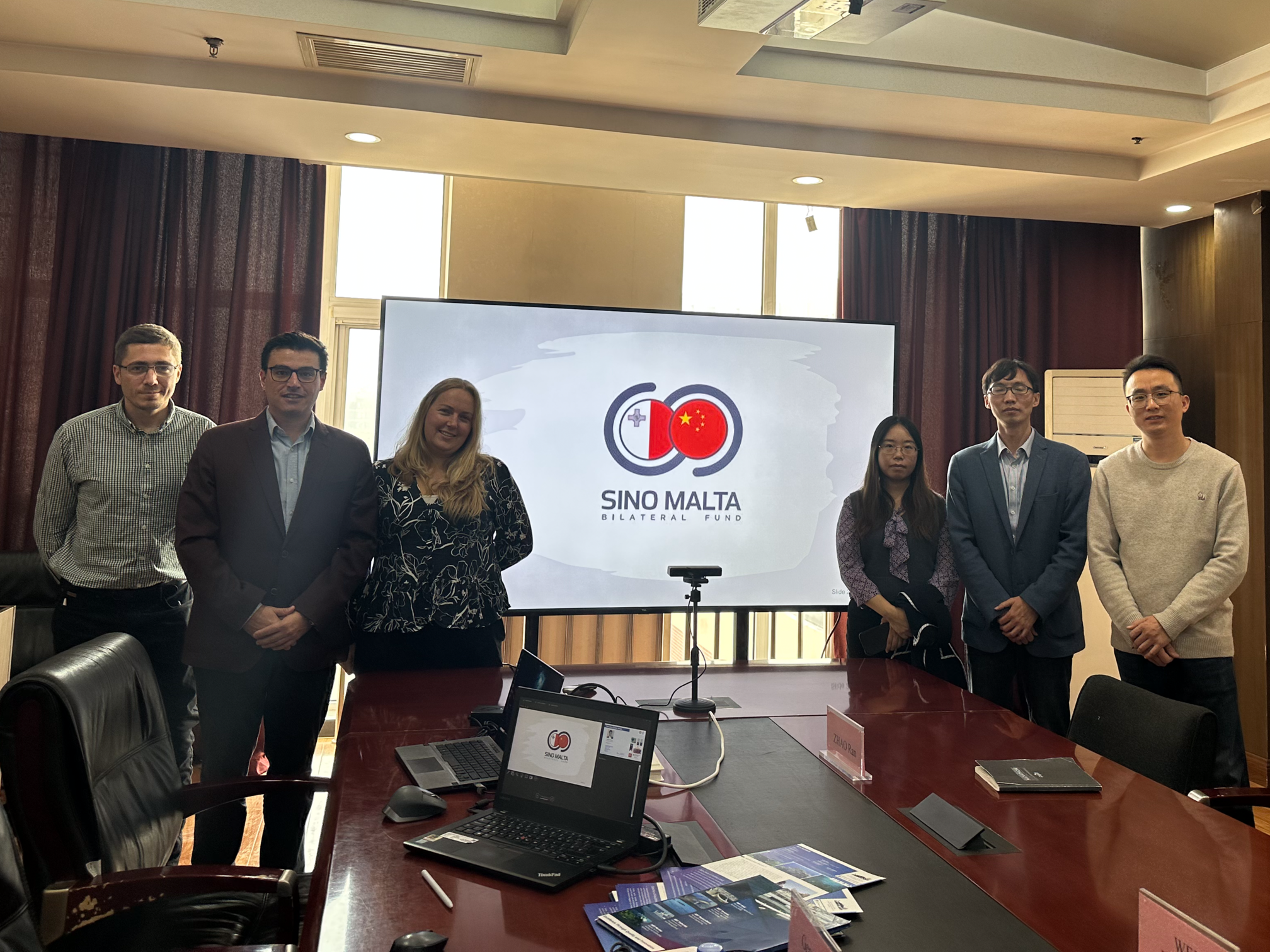
On Wednesday 25th, the Maltese delegation attended the China Fisheries and Seafood Expo in Qingdao. At the event they experienced the incredible depth of the Chinese fisheries and aquaculture industry and all the opportunities and potential research and commercial collaborations it has to offer. The event gathered over 30,000 visitors of professionals from all over the world and the AquaBioTech Group team carried out several meetings with key Chinese and international stakeholders operating in the market.
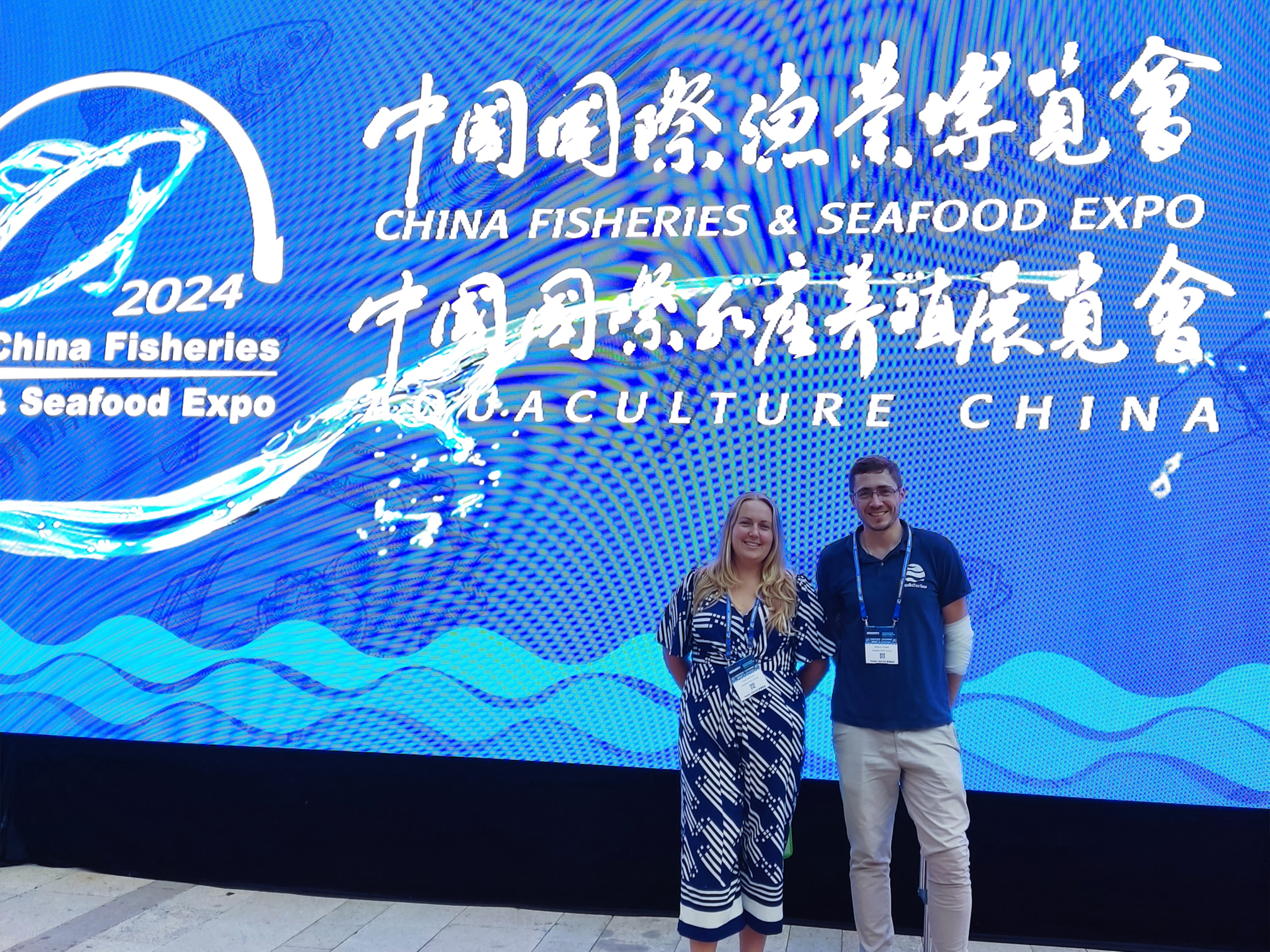
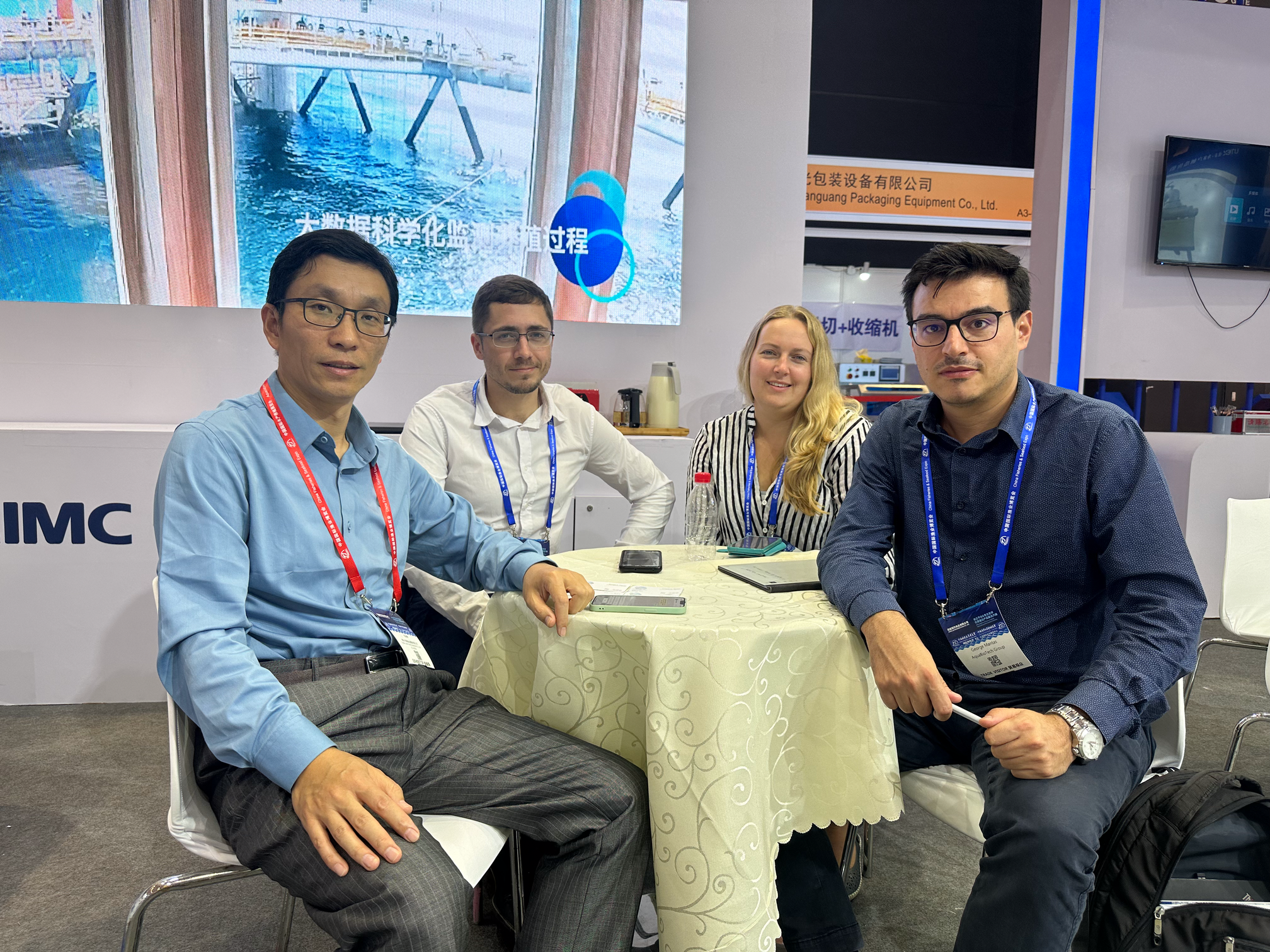
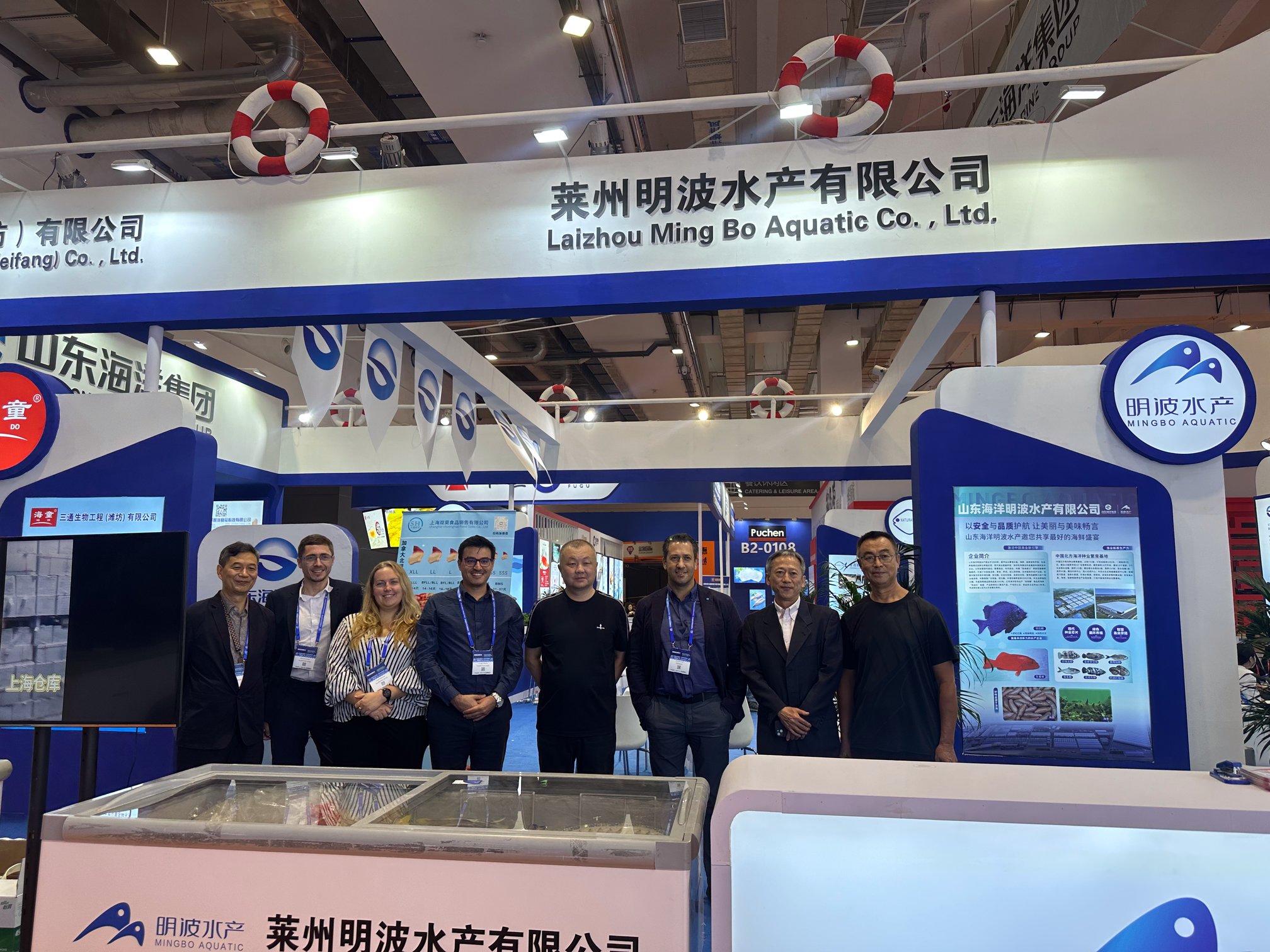
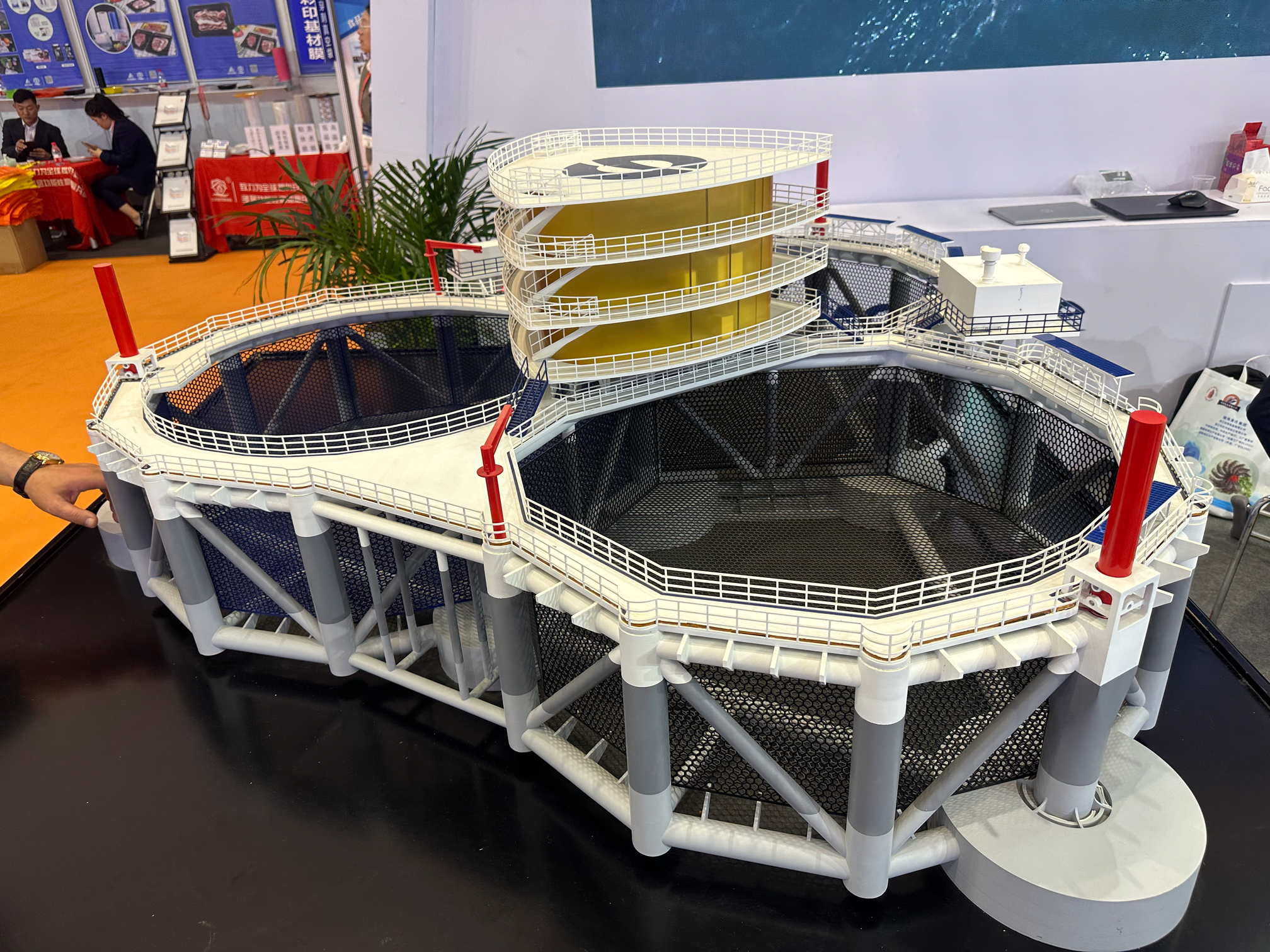
On Thursday 26th a visit at production and research facilities of the MingBo Aquatic Co. Ltd. was carried out. MingBo Aquatic Co. Ltd is recognised as one of the most innovative aquaculture companies in China with a focus on marine aquaculture. The company aspires to become the largest marine aquaculture operator in China whilst delivering a dedicated innovation hub for local and international aquaculture innovators. MingBo Aquatic also collaborated on the AquaDetector project and is currently involved in the AMBULANT project.
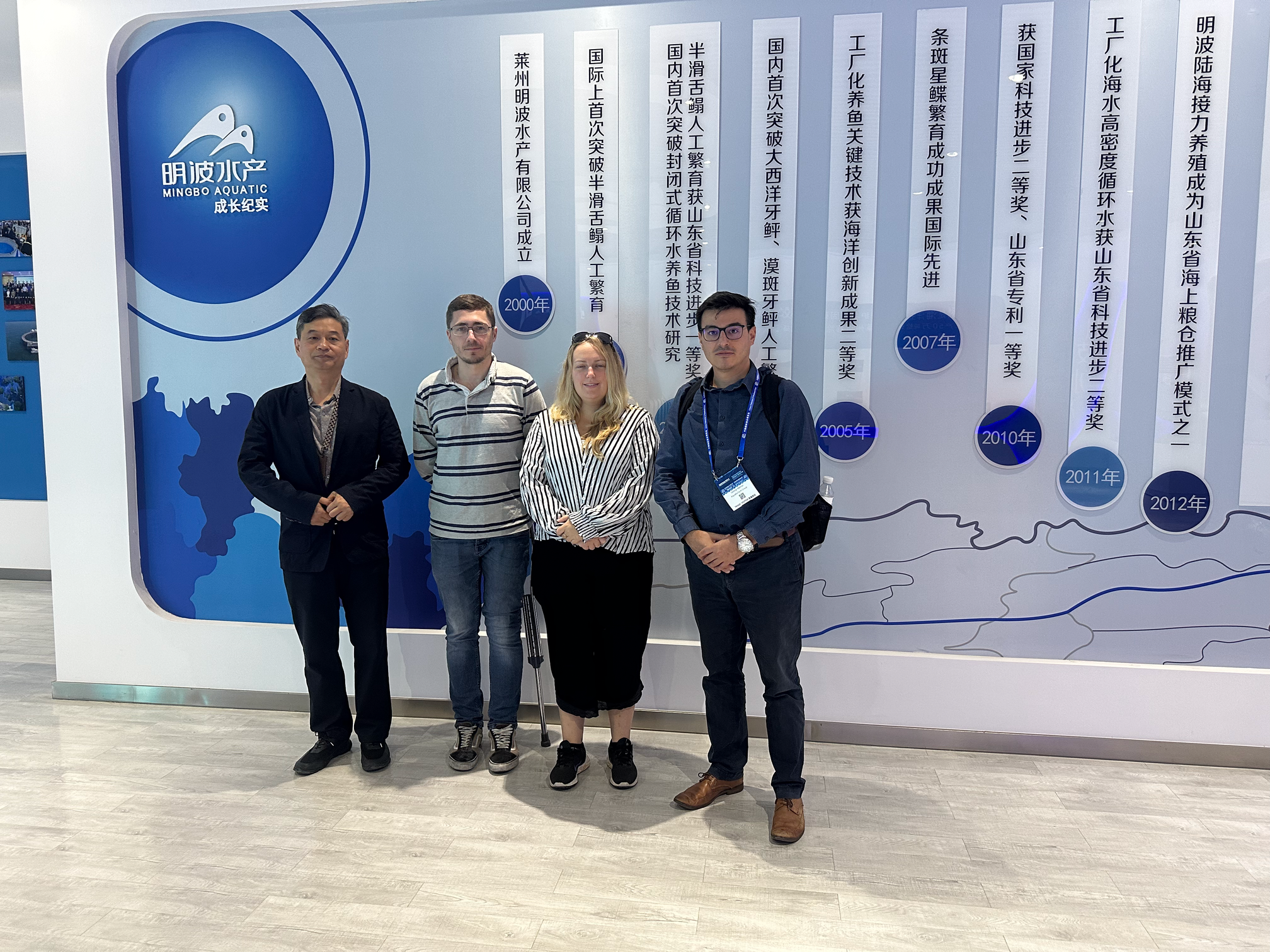
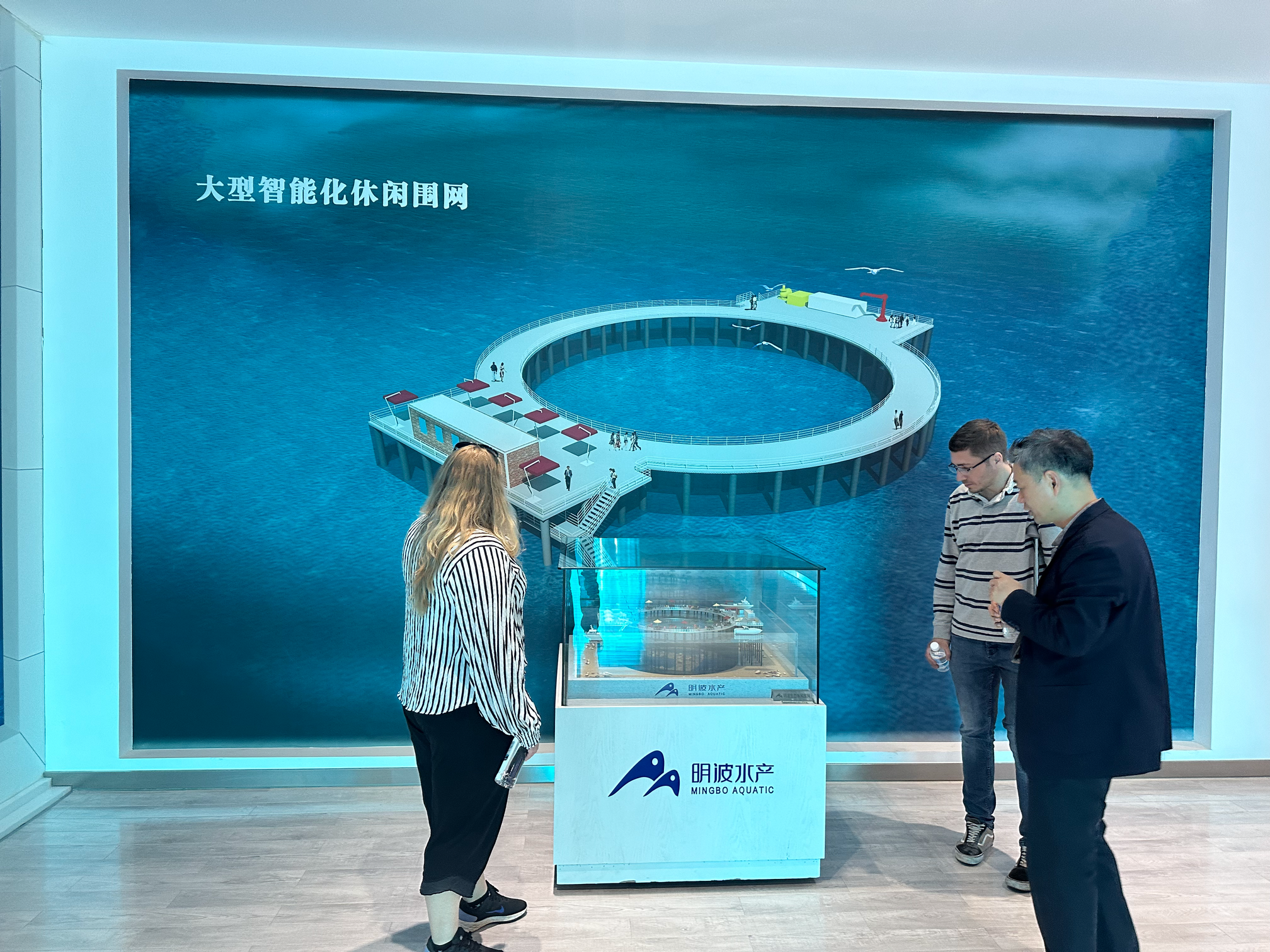
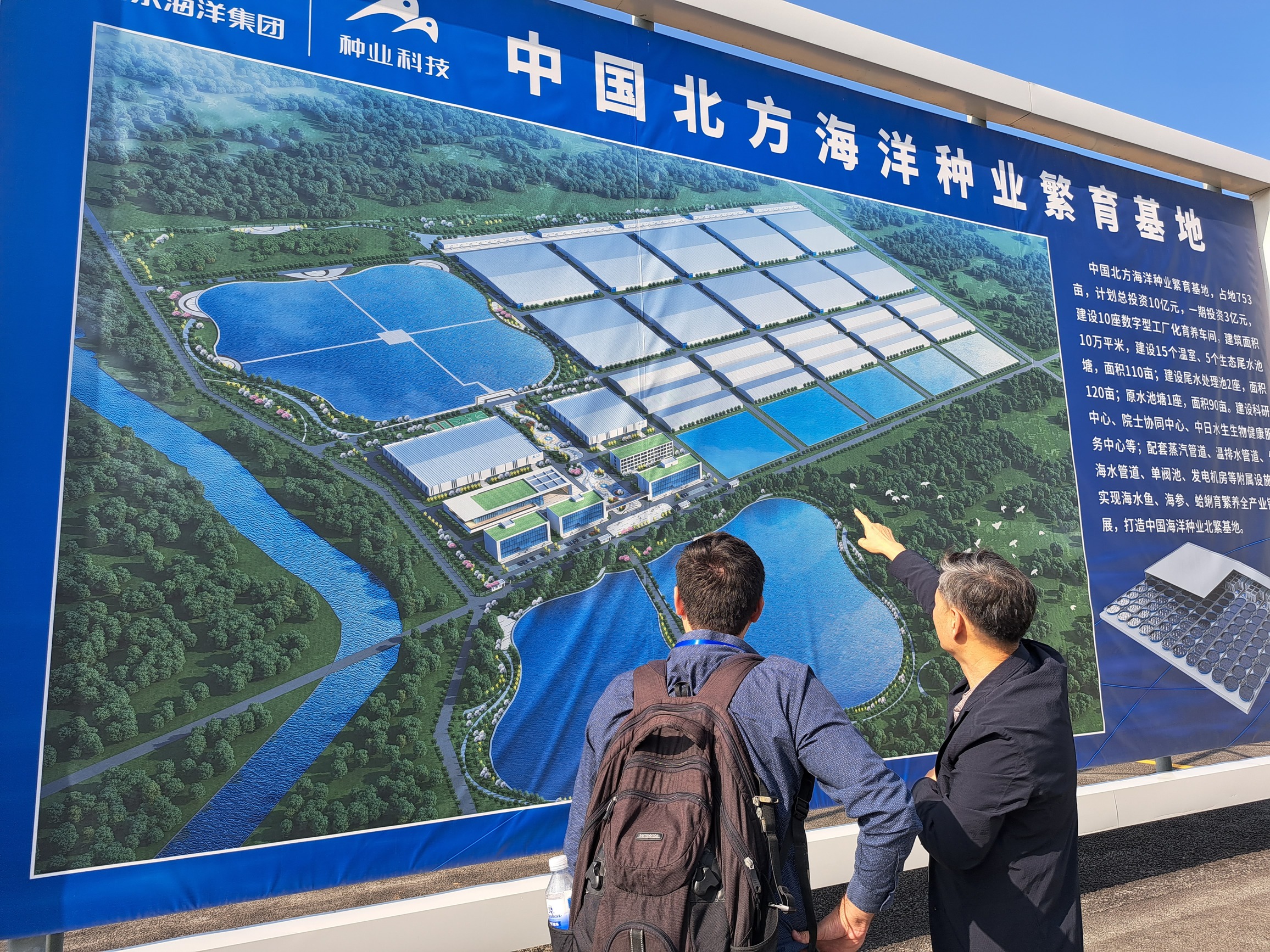
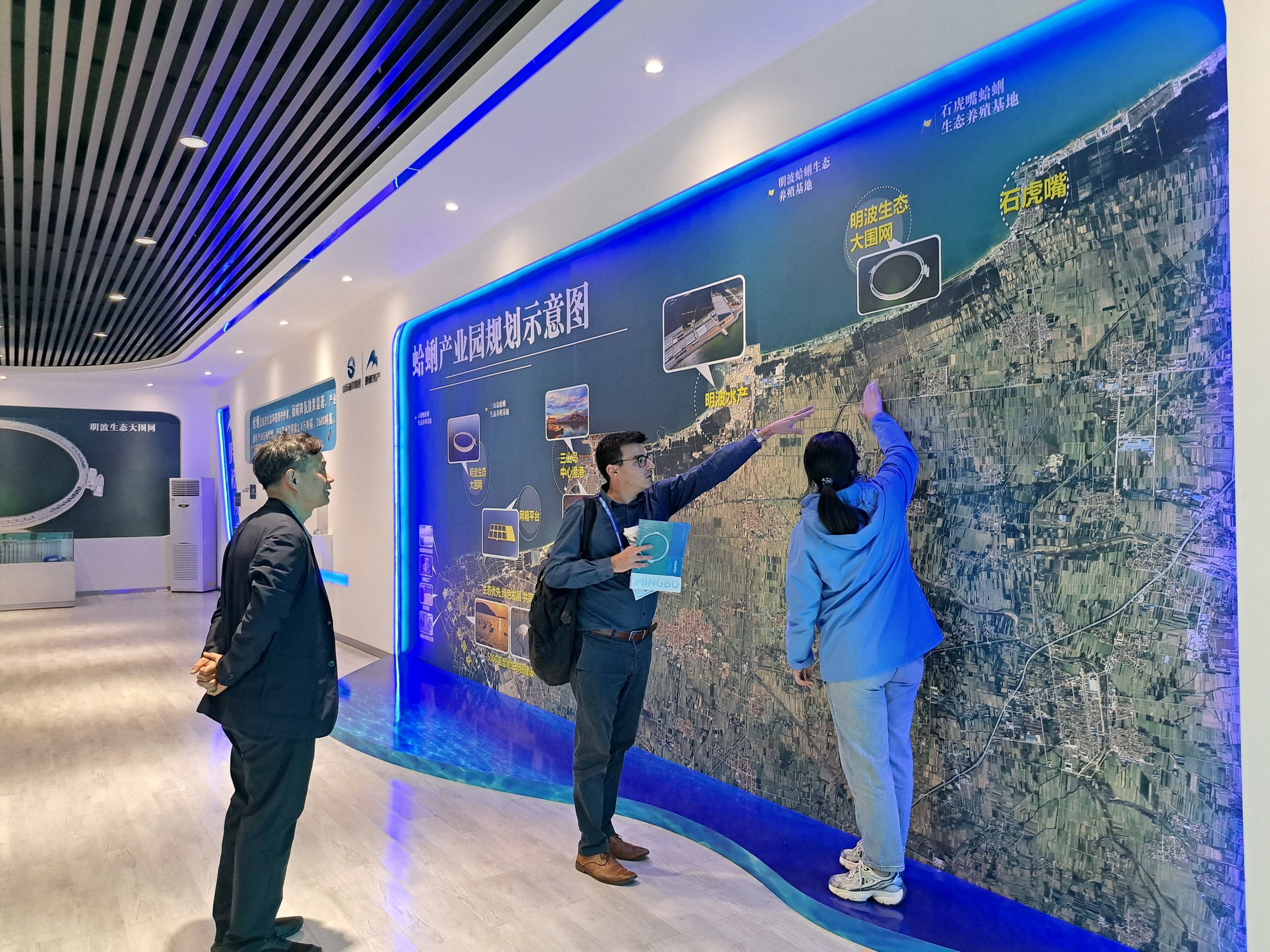
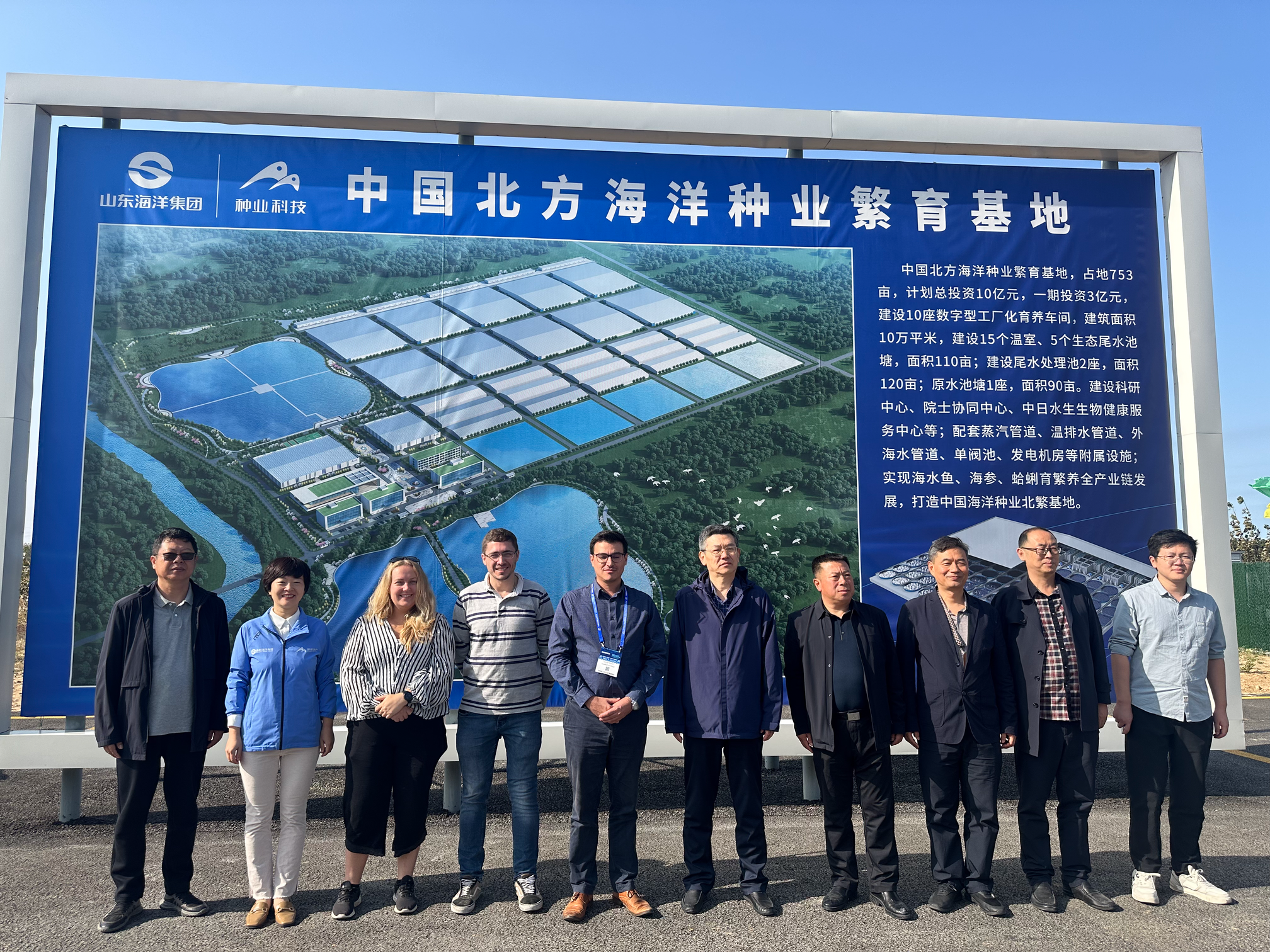
On 27th October, the AquaBioTech Group team visited the Fishery Machinery and Instrument Research Institute of the Chinese Academy of Fishery Sciences laboratories in Shanghai and met with the heads of departments and deputy director to introduce the technical capacities of each organisation and discuss future collaboration activities related to the recently closed HatcheryMatch project and other areas of interest. FMIRI is a key institute engaged in applied basic research and key technology research and development of fishery equipment and engineering. A tour of FMIRI’s research facilities provided insight into some of the cutting-edge developments in Chinese aquaculture and offshore technology. The following day FMIRI organized a visit to their Songjiang Base where they undertake extensive research in the application of pond aquaculture using wetlands as remediation methods for wastewater. They also visited the Rudong Research base in Jiangsu Province where many of the research activities relating to recirculating aquaculture automation technologies and biofloc optimisation are undertaken.
The HatcheryMatch project aimed to develop four new automation technologies to improve water quality, embryonic categorization, and feeding and in turn reduce stress and losses during the hatchery phase of fish lifecycles. Prototypes for live feed systems, ultra-sound disinfection, bottom cleaning devices and a digital, embryonic image analyser were created. A pilot recirculating hatchery was developed integrating these new technologies to reduce stress on marine stocks, lower labour dependence and increase seeding rate.
The Business Development Director of AquaBioTech Group, George Mantas said “On behalf of the AquaBioTech Group we would like to extend a grateful thank you for the incredible hospitality shown to us by all SINO-Malta partners while in China. The journey to upscaling marine aquaculture and transforming freshwater aquaculture in China requires addressing several challenges namely biological, technical, environmental, and competitiveness and the collective efforts of Chinese organisations and companies like AquaBioTech Group are required if we are to achieve rapid progress. The SINO-MALTA Fund offers Chinese and Maltese stakeholders a foundation of collaboration where all parties can benefit from each other’s knowledge and achieve breakthrough innovations that can deliver the ambition of the Belt and Road Initiative for aquaculture development and food security across the globe. It also delivers on the respective Government’s commitments to strengthen the economic ties and deliver bilateral trade increase.”
The Malta Council for Science and Technology (MCST) and the Ministry of Science and Technology (MOST) of the People’s Republic of China together contribute to the SINO-MALTA Fund which supports research, development, and innovation projects between Maltese and Chinese researchers. The SINO-MALTA Fund is part of the Belt and Road Initiative which aims to address the “infrastructure gap” and thus has the potential to accelerate economic growth. Malta and China have a history of collaborative research going back to 2002 and in 2018 Malta and China signed the Belt and Road Initiative (formerly known as the ‘One Belt One Road’) agreement to further support collaborative trading, cultural and research activities between the two countries.
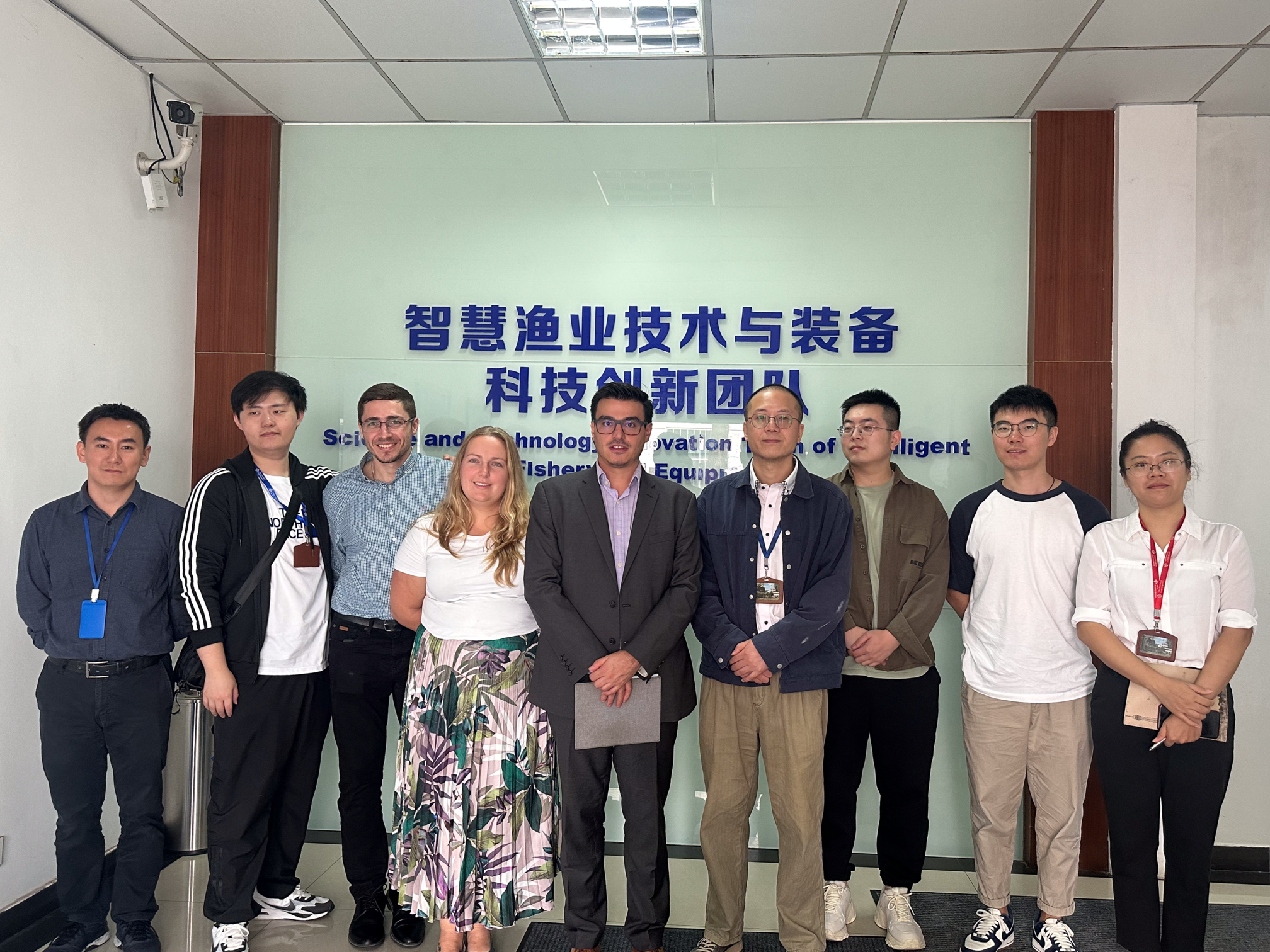
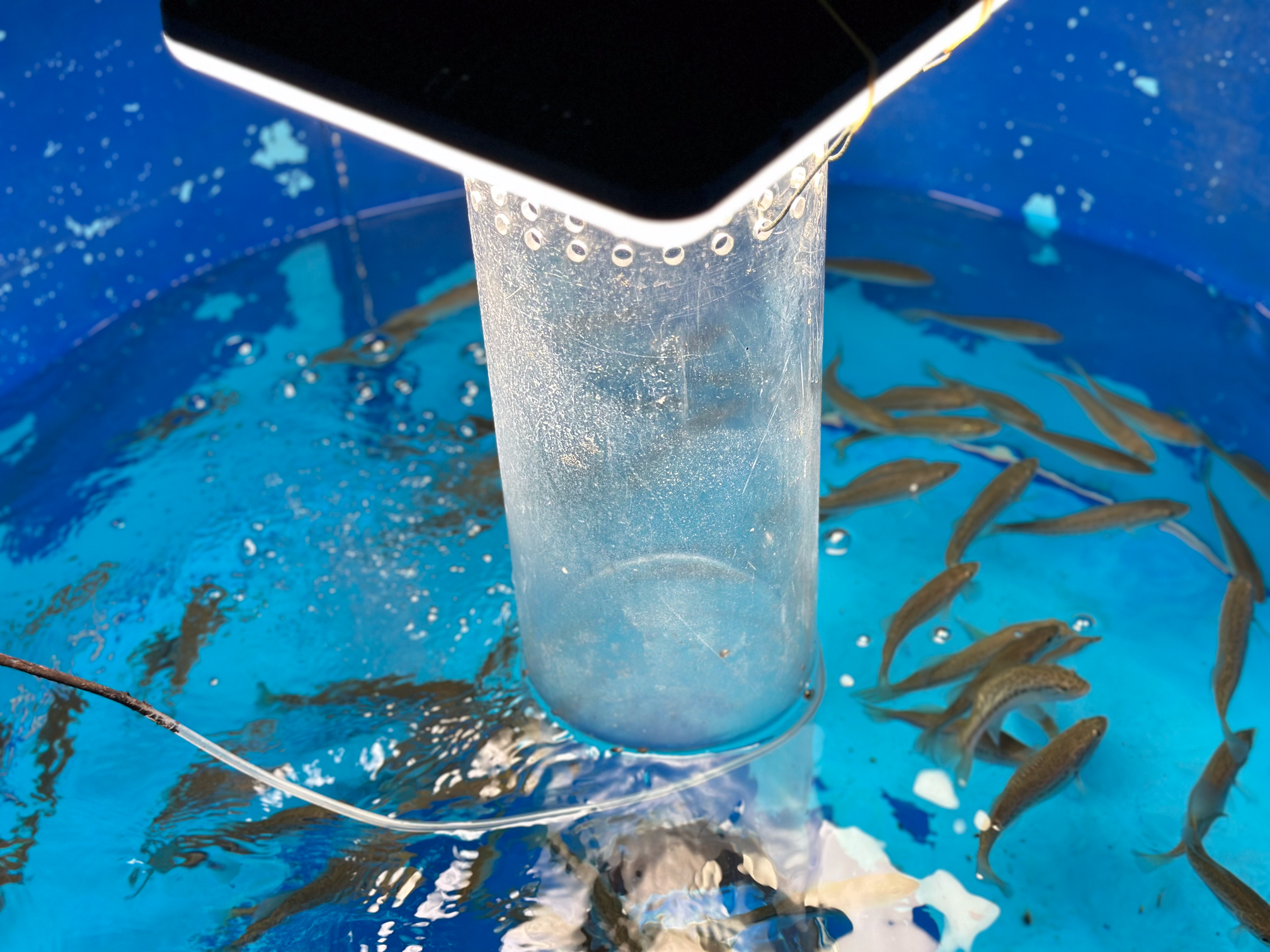
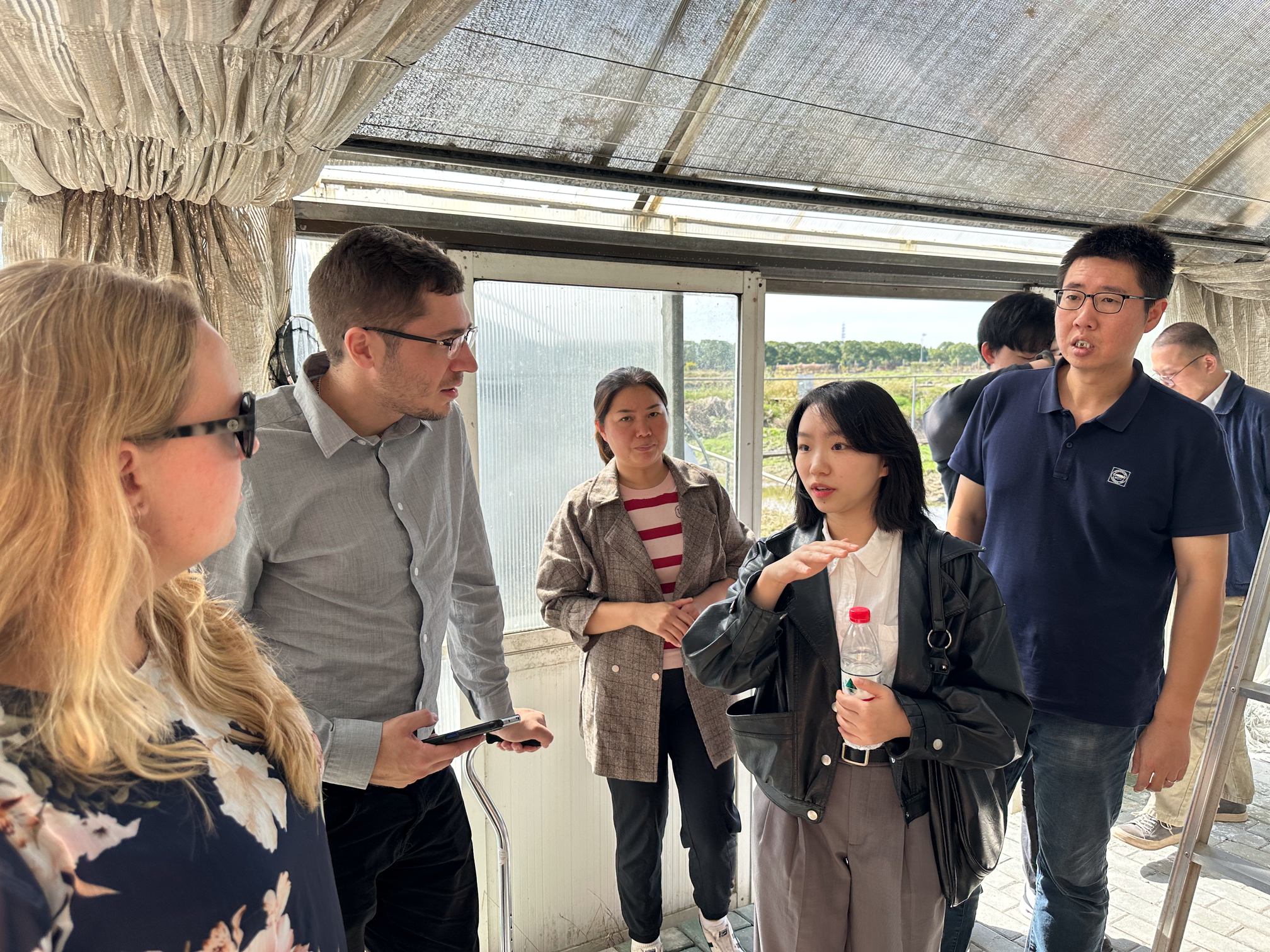
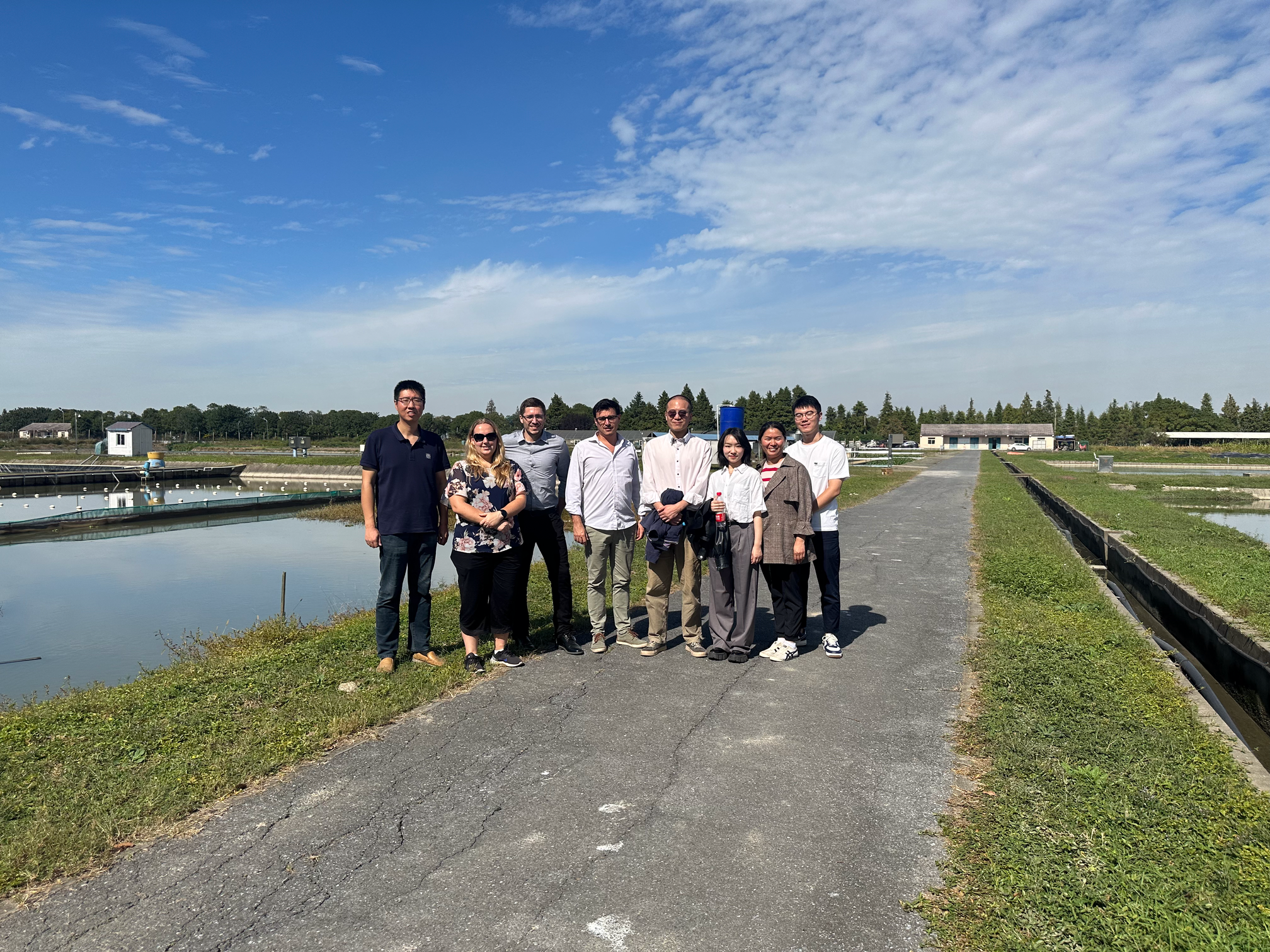
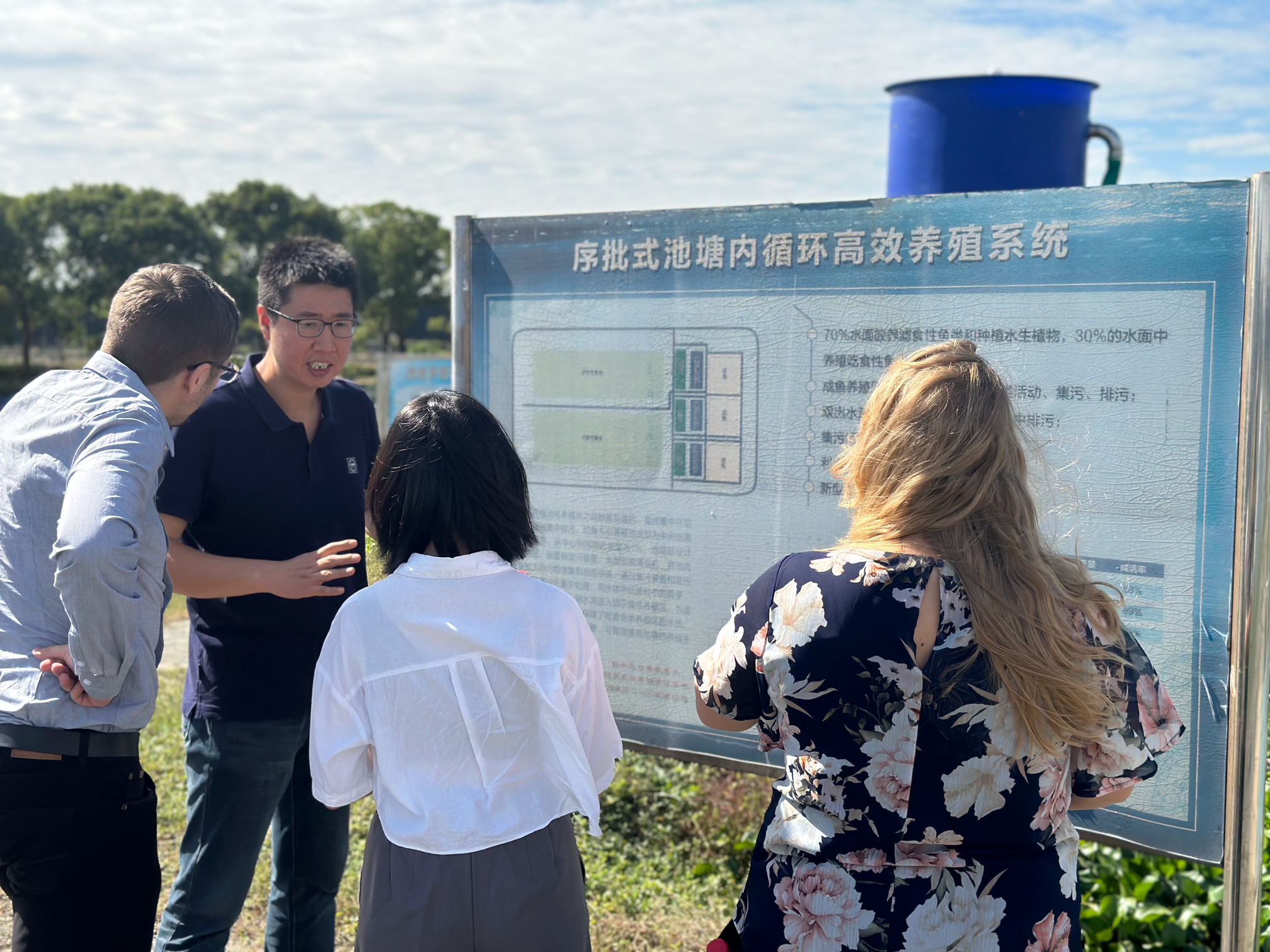
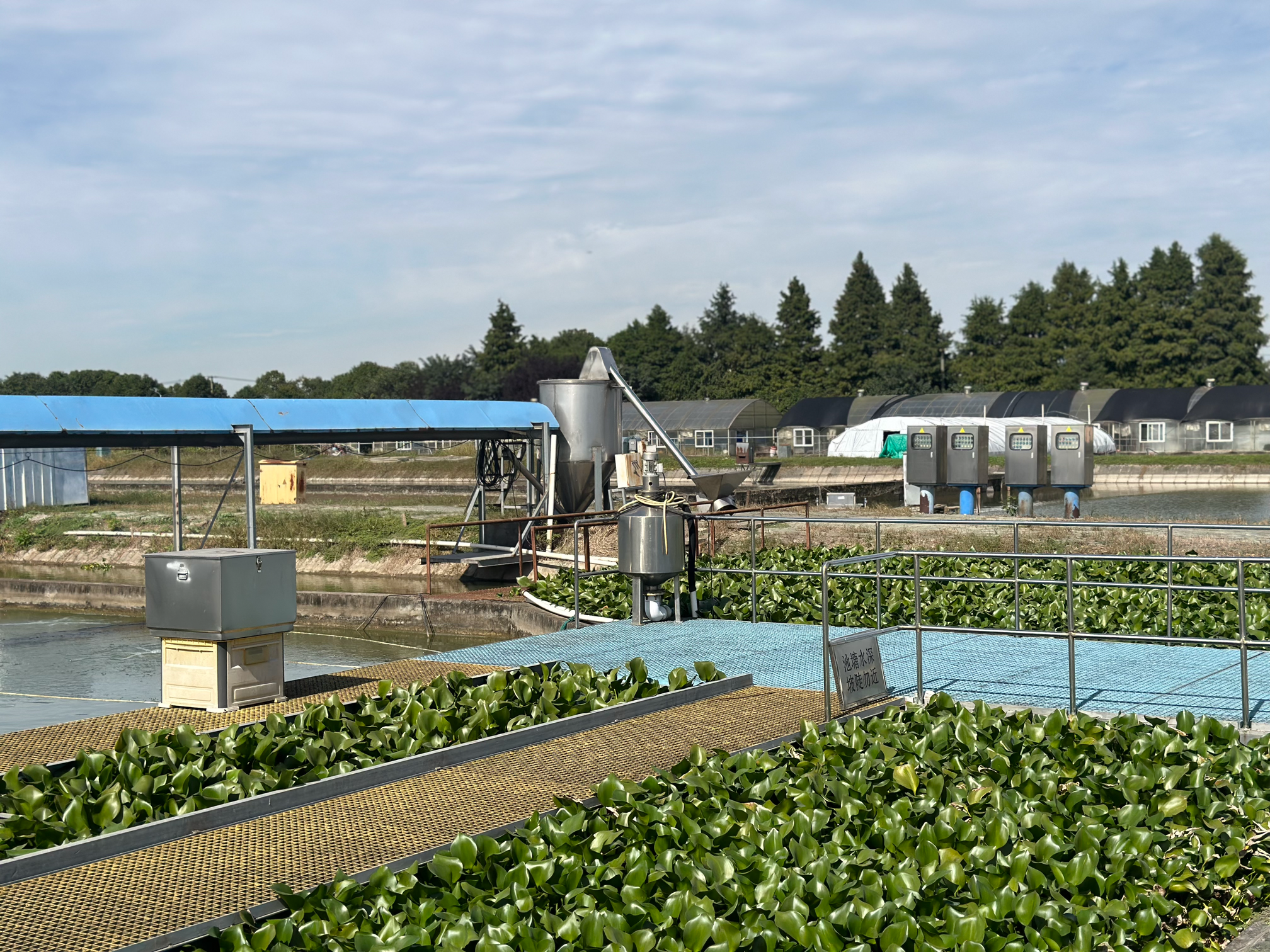
AquaBioTech Group is an international consulting, engineering and R&D company with over 20 years of experience in aquaculture, fisheries and other aquatic sciences. Located in the centre of the Mediterranean on the island of Malta, although operating globally with clients and projects in over fifty-five countries. The vast majority of the organisation’s work is related to the marine or aquatic environment, encompassing aquaculture developments, market research/intelligence through project feasibility assessments, finance acquisition, project management, technology sourcing, technical support and training.
These activities were financed by the Internationalisation Partnership Awards Scheme Plus (IPAS+) 2021 of the Malta Council for Science and Technology.
